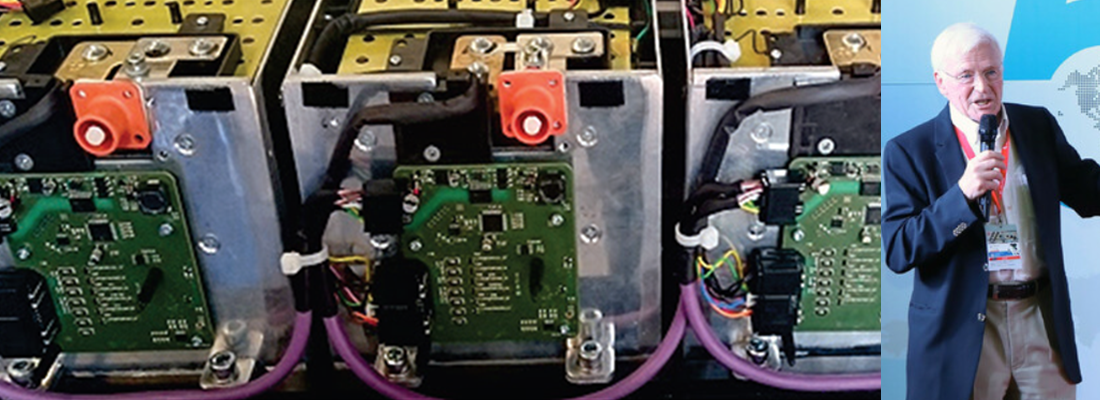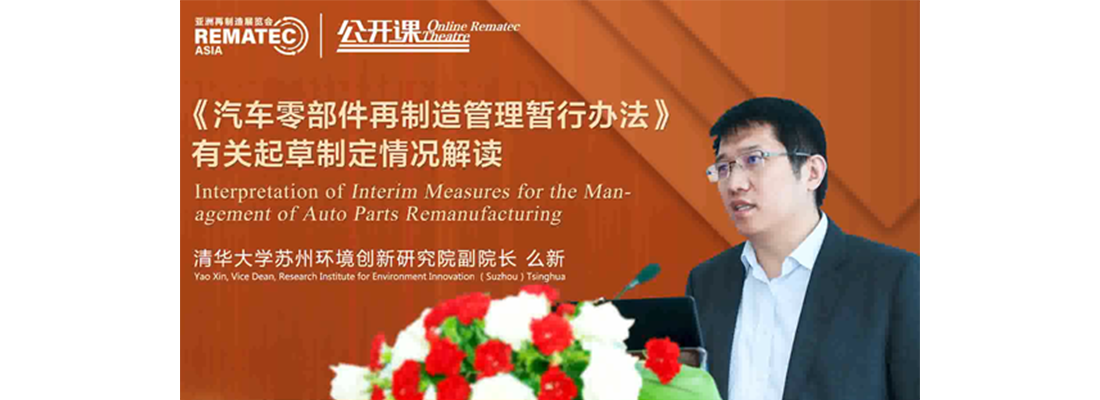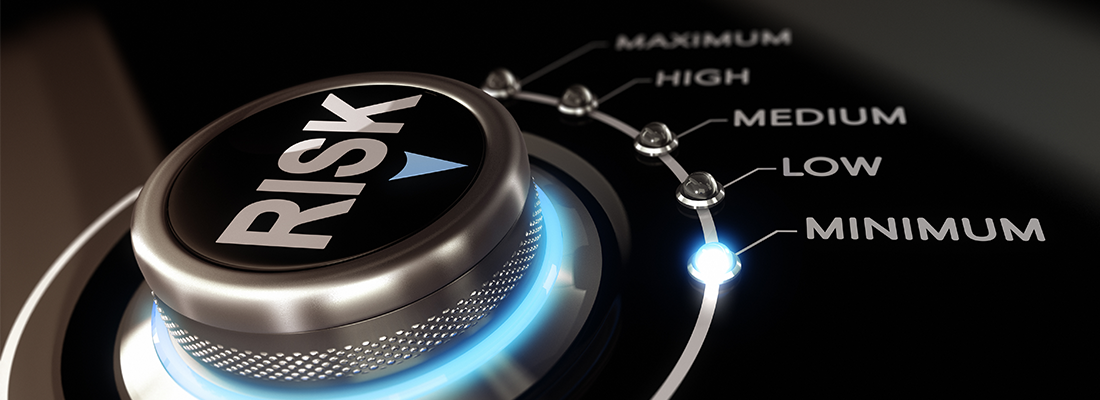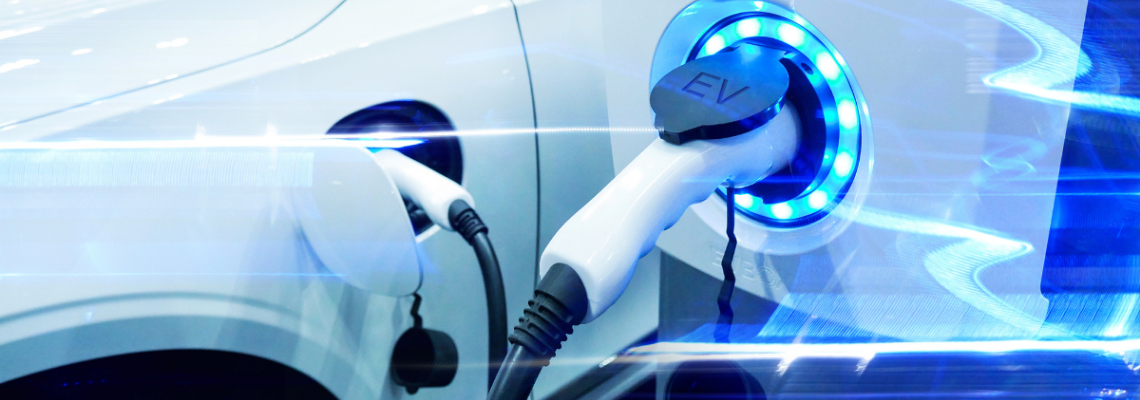The European Union is considering imposing anti-dumping duties on electric cars imported from China
The European Union is considering imposing anti-dumping duties on electric cars imported from China
European Commission President Ursula Von der Leyen proposed remedies against the growing number of Chinese electric vehicles distorting the EU single market through price-dumping practices, but her approach has been criticized by German legislators and business. The Commission chief defended the European Green Deal, her ambitious approach to climate and environmental policies that has recently come under scrutiny, in her annual State of the Union address. "The European Green Deal was our answer to the call of history," Von der Leyen explained. Extreme weather and forest fires demonstrated "the reality of a boiling planet," she added, to which politicians must respond. However, critics say that one of the package's centrepieces, the phase-out of gasoline and diesel vehicles beginning in 2035, could increase Europe's reliance on China. Chinese automakers dominate the electric car market in their home country and have lately debuted electric cars in Europe. Von der Leyen now wants to impose further taxes on Chinese e-cars if necessary. According to Von der Leyen, the e-car market has "huge potential" for European automakers. "But global markets are now flooded with cheaper Chinese electric cars," she said. Their prices are "kept artificially low by massive state subsidies," according to Von der Leyen, which is why the European Commission will initiate an investigation. State subsidies that artificially reduce the cost of exports are prohibited under World Trade Organization (WTO) rules and can result in punitive tariffs.
Germany's criticism
However, the action may put Von der Leyen at odds with the German government, which is fundamentally sceptical of protectionism in favour of domestic businesses, fearing that responses may harm Germany's export economy more than help it. "Fair competition stimulates the economy," German Chancellor Olaf Scholz remarked at the IAA mobility trade exhibition in Munich, referring to rising Chinese competitors. "Competition should spur us on, not scare us," Scholz added. Scholz dismissed the potential of market distortions induced by dumping prices for electric vehicles as hysterical. "In the 1980s, people claimed that Japanese cars dominated all other markets." It was cars built in Korea twenty years later. Today, it's expected to be Chinese electric vehicles," Scholz added.
The investigation announced by Von der Leyen also received criticism from the German car industry association VDA. “An anti-subsidy investigation alone does not help to solve the existing challenges with regard to the competitiveness of the European location. Policymakers in Brussels and Berlin must create the framework conditions for the transformation to succeed,” a VDA spokesperson said. The anti-subsidy investigation was a “very formal process based on set criteria and steps”, the spokesperson said. “Possible counter-reactions from China must also be taken into account,” he added. Even within her own political group, Von der Leyen faced pushback.
MEP Markus Ferber of the Bavarian Christian Social Union (CSU) and European People's Party (EPP) warned against an "isolation policy" that could lead to "other markets closing themselves off as well." According to Ferber, Von der Leyen's remark may also contradict the purpose of expanding export markets through more free trade agreements. According to Ferber, Europe was in risk of abandoning the "path of virtue" of free trade that was still upheld during the tenure of ex-US President Donald Trump. Von der Leyen's announcement, though, was supported by EPP leader Manfred Weber, who is also a CSU member. "We want an European Green Deal, not a Chinese one!" In response to Von der Leyen's remarks, Weber stated. "We don't want to see Chinese electric vehicles benefiting from our ambitious climate approach," he went on to say. In the face of mounting environmentalist opposition, German Chancellor Olaf Scholz defended individual mobility as a wonderful societal success and urged automakers to make electric automobiles affordable to all. Concerns about the domination of raw materials European politicians are also concerned about China's hegemony in essential raw minerals, which are required for the creation of batteries and semiconductors for computer chips.
"We have seen real bottlenecks along global supply chains, including because of the deliberate policies of other countries," she said. China limited exports of the raw mineral gallium and germanium in July and announced export limits. The EU as a whole is heavily reliant on China for vital raw materials. For example, the EU now imports approximately 93% of its magnesium and 86% of its rare earths from China. "This demonstrates why it is critical for Europe to strengthen its economic security," Von der Leyen continued. In this sense, Europe is caught in a bind: it seeks to enhance domestic processing of essential raw materials while remaining reliant on partner countries due to insufficient European reserves. However, Von der Leyen admits that these governments increasingly seek to maintain essential raw material processing in their own countries since it is more profitable than pure extraction. This year will see the formation of an international "Critical Raw Materials Club," a new international organization for coordinating the development of alternative supply chains, according to Von der Leyen.
Share your remanufacturing stories with us
Do you have an innovation, research results or an other interesting topic you would like to share with the remanufacturing industry? The Rematec website and social media channels are a great platform to showcase your stories!
Please contact our Brand Marketing Manager.
Are you an Rematec exhibitor?
Make sure you add your latest press releases to your Company Profile in the Exhibitor Portal for free exposure.






